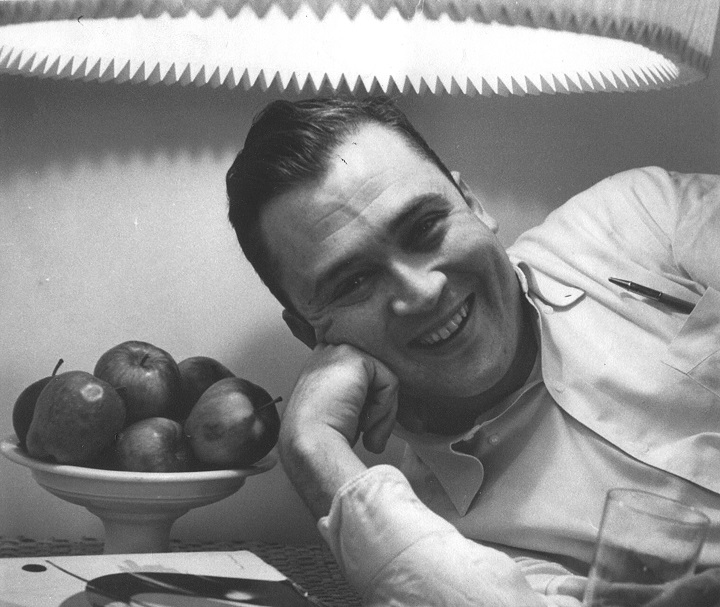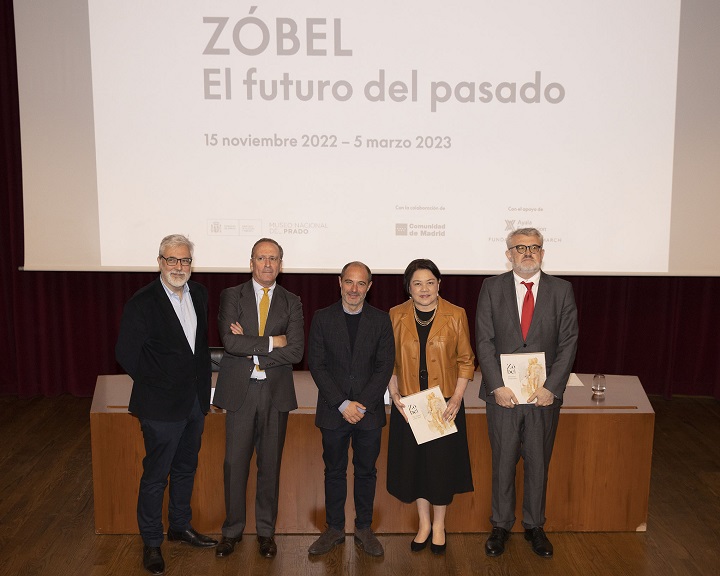
1950s. Photo: unknown photographer
How can we appreciate the work of the great masters without being mere passive receptors of their appeal? How do we submerge ourselves in the art of the past without renouncing our commitment to the modern and contemporary avant-gardes? The answer according to Filipino-Spanish artist Fernando Zóbel (Manila, 1924-Rome, 1984) was both simple and enormously sophisticated: study them in order to understand them and then reinvent them.
Museo Nacional del Prado opened the exhibition Zóbel. The future of the past last November 14, 2022. Forty-two paintings, fifty-one sketchbooks, and eighty-five drawings and graphic works loaned from international collections make up the survey. The exhibition is curated by Felipe Pereda, Fernando Zóbel de Ayala Professor of Spanish Art at the University of Harvard, and Manuel Fontán del Junco, director of Museums and Exhibitions at Fundación Juan March. It was organized with the collaboration of the Comunidad de Madrid and the support of the Ayala Foundation and Fundación Juan March.

The future of the past recreates Zóbel’s long dialogue with the great Old Masters, such as Zurbarán, Sánchez Cotán, Van der Hamen, and Velázquez. The artist not only spent countless hours drawing and studying the paintings in the Prado but also generously donated to it a number of important drawings by 16th-to 18th-century Spanish masters.

Photo © Museo Nacional del Prado
Structured into five sections, the exhibition reconstructs Zóbel’s poetic and artistic journey, which was bounded by the two ends of a single principle: leaning to look in order to understand the art of the great masters, and applying what he learned to his own work in order to share that knowledge. Zóbel. The future of the past focuses on the artist’s work from a transnational perspective which surpasses the geographical limits of the three continents (Asia, North America, and Europe) in which he lived.
The exhibition will be on view from November 15, 2022 to March 5, 2023 at Room C of the Jerónimos Building, Museo Nacional del Prado in Madrid, Spain.

